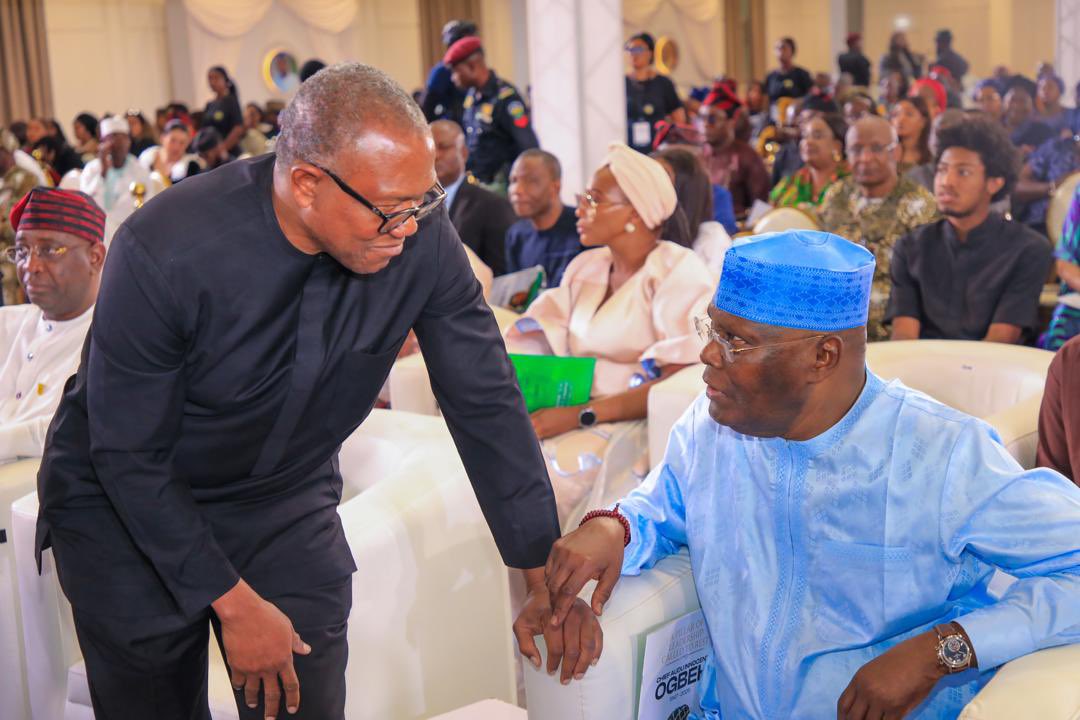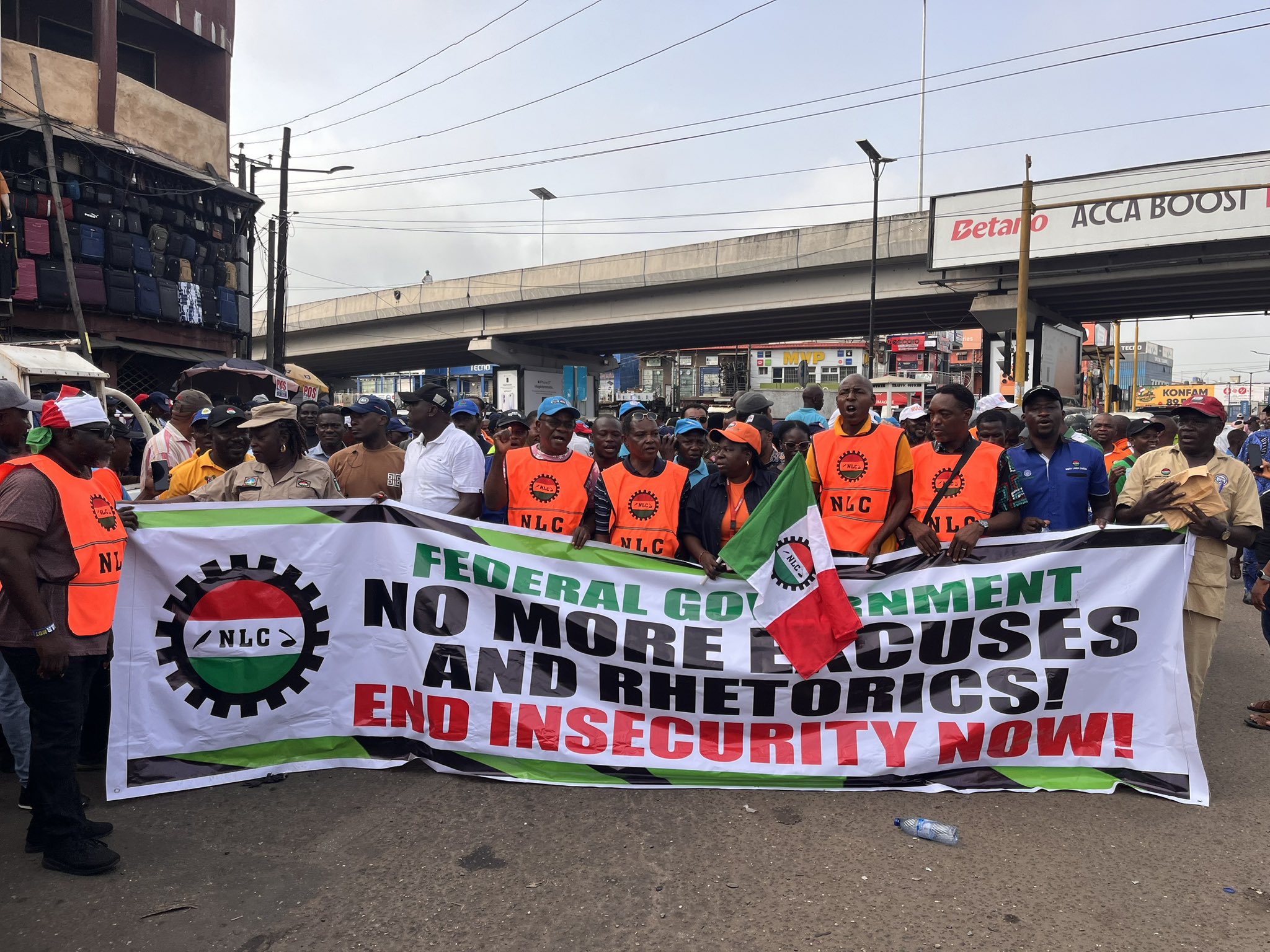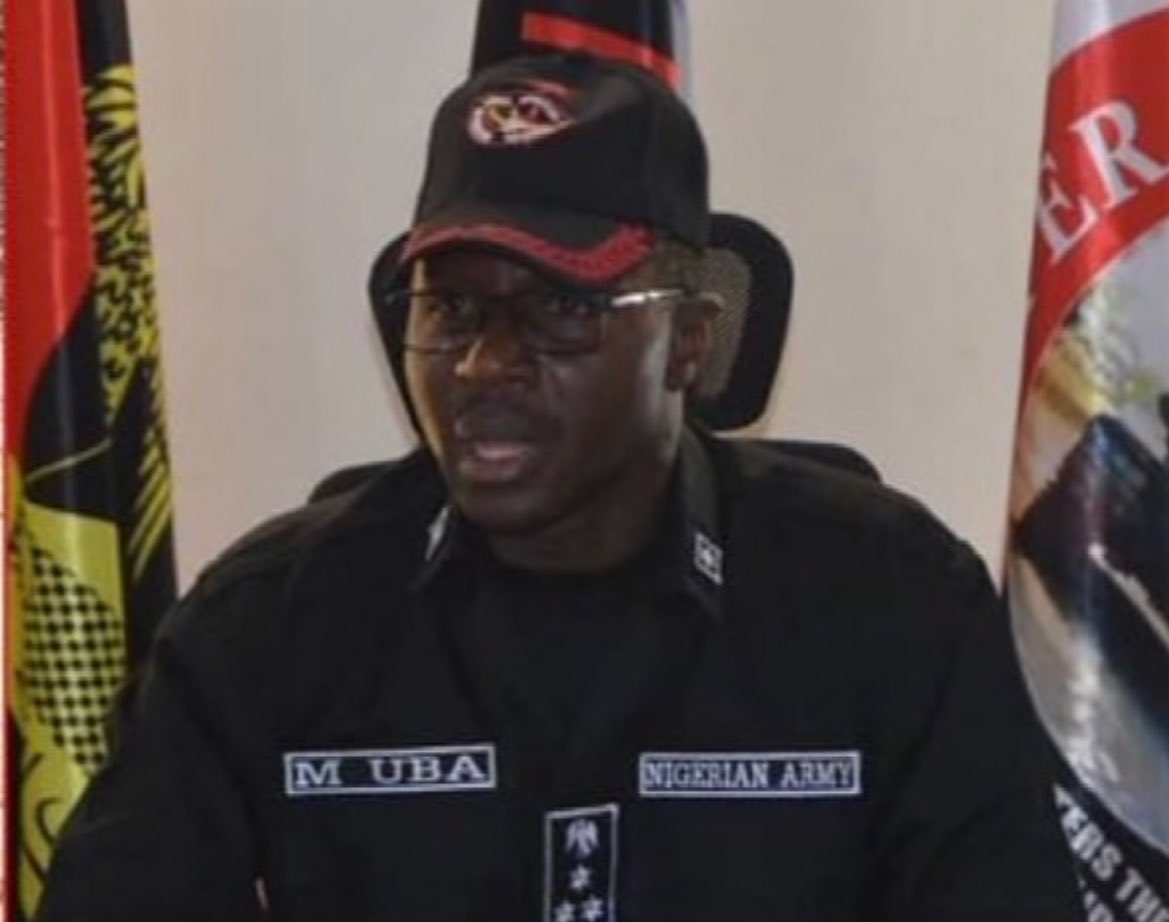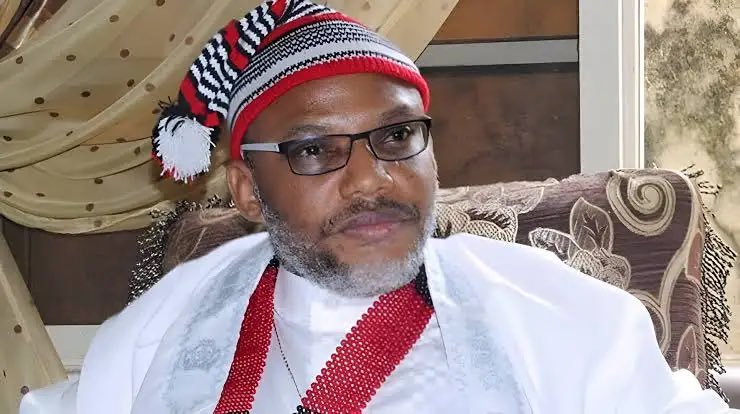Rising tensions in new ADC over Abubakar’s ambitions
Published on 2025 October 6, Monday Back to articles
Peter Obi (L) and Atiku Abubakar (R)
As previously happened when Nigeria’s 1999-2007 vice president, Atiku Abubakar, was affiliated with the Peoples Democratic Party (PDP), his presidential ambition is increasing tensions in his new African Democratic Congress (ADC) party. The rancour is predominantly between his supporters and those of Peter Obi who was the Labour Party’s 2023 presidential candidate. Because he will be nearly 81 at the time of the 2027 elections, Obi’s supporters want Abubakar to step down from the race for the ADC party primaries.
Abubakar, however, appears keen on staying in the contest. On 2 October he insisted that he has no plans to step aside after media reports that he intends to make way for a younger candidate. Abubakar professed to welcome other prospective candidates to join the ADC and contest its primaries and stated that he will support whoever wins its 2027 presidential primary contest.
The challenge is that he is a party primary veteran who has been contesting elections for so long that few stand a chance against him. In the 2019 PDP primary, he outmanoeuvred several PDP governors conspiring together, and emerged as the party’s candidate. He repeated the feat again in 2023 when he outsmarted Nyesom Wike, the current minister of the Federal Capital Territory, who was then Rivers State’s Governor.
As such, Abubakar appears to have mastered the art of winning party primaries. Since 1993, he has participated in six with a 50% success rate and further to this, when he lost, he finished second. The general expectation is that if he participates in next year’s ADC presidential primaries he will win.
Factors that favour Abubakar
There are several factors that will work in Abubakar’s favour in any ADC primary. Firstly, there is the general perception that his impetus to form the ADC was to remove potential rivals in the opposition camp rather than to form a stronger opposition party. If he emerges from a primary where potential opposition candidates have pledged to abide by the outcome, then it strengthens his position in any potential elections as the sole opposition candidate. This is why Kaduna State’s 2015-2020 senator, Shehu Sani, said on 2 October that beating Abubakar in the ADC primaries will be like asking ‘a camel to go through the eye of the needle.’
Most parties use the delegate system, which means that a few elected individuals representing state chapters of the party nominate its presidential candidate at its convention. With the North having 17 states and the South just 16, this delegate system favours Abubakar, who is likely to be the only candidate from the North contesting the ADC primary. The other potential presidential candidates are Obi and former transport minister Rotimi Amaechi — both from the South — who have also indicated that they will run. Delegates tend to vote along regional lines, meaning that Abubakar will be the favourite.
Secondly, there is the weakness of the delegate system itself. Delegates are easily bought by the candidate with the most money to spend. In most cases, they go to party primaries expecting to be paid to support a particular candidate. This is usually disguised as logistical support but in practice, it is a bribe. The candidate that hands out the most money tends to win. Abubakar and Amaechi have a reputation for paying delegates to vote for them, while Obi does not. This means that Obi is certain to lose if he goes into a primary contest with Abubakar and Amaechi.
Another factor in Abubakar’s favour is a desire by some northern political elites to punish President Bola Tinubu for sidelining them, by riding on the sentiments of the aggrieved public in the North who feel that the Tinubu administration has made life more difficult for them. Some northern politicians — eager to burnish their political prospects with the loss of Tinubu’s political goodwill in the region — are driving the campaign against Tinubu in the region. Abubakar is therefore seen as the politician who is in the best position to take advantage of this disaffection. Because no other politician from the region has the name recognition or support base to win in 2027, this is helping fuel his ambition.
Abubakar sees the 2027 election as his last and best shot at his life-long ambition to be President. Tinubu’s apparent loss of political goodwill in the North — on the back of increasing economic hardship and insecurity; President Muhammadu Buhari’s death; and the sidelining much of the region’s political elite — all appear to favour Abubakar’s presidential ambition.
Abubaker’s biggest challenge is his age. At 81 and after six failed attempts at the presidency, many believe he should step down and support a younger candidate rather than throwing his hat in the ring. Even though he claims that he is willing to support a younger candidate if they should emerge in the primaries, given his desire to stand many see this as a hollow pledge.
The Obi challenge
Obi is seen as Abubakar’s main rival in any ADC primary but is not seen as capable of beating Abubakar. While he is popular among young voters, especially in the South, he is unpopular with the political elite and Northern voters where religion is the main factor. A recent campaign by US lawmakers stating that Christians are being deliberately targeted and killed in the North has further raised religious sensitivities in the region and will further work against Obi’s candidacy, even if he emerges as the ADC’s 2027 candidate.
Obi’s supporters are leading calls for Abubakar to step down from the race and have made it clear that they will not support him if he emerges as the ADC candidate. Conversely, Abubakar’s supporters are urging Obi to agree to serve as his running mate, given he is expected to only serve a single four-year term because of his age and then support Obi as their lead candidate in 2031. They see this option as the most viable for the ADC to win in 2027 because it will attract votes from both the North and South.
While Abubakar is expected to attract northern votes, Obi will attract votes from the Southeast and South-South, making it possible to defeat Tinubu. Abubakar’s supporters also argue that Obi serving as a Vice President for four years will allow Northern voters to learn to trust him and position him well for a run at the presidency in 2031, when he would be 71, far younger than Tinubu or Abubakar when they contested the presidency.
However, Obi’s supporters do not see any ticket that puts Obi as the vice president as viable. They argue that it will not deliver the kind of governance of accountability and transparency they desire. Yunusa Tanko, the coordinator of the Obidients Movement — a group of people that identify with Obi’s ideology — said on 3 October that Obi would not participate in any primary where he must buy delegates. Tanko also dismissed Abubakar’s offer to support any candidate that emerged through such primaries as ‘mind games.’
Obi has not yet formally resigned as a Labour Party member. He has previously indicated that he would only formally join the ADC after he is assured that he would be given the party’s presidential ticket. He has indirectly advocated for the ticket to be zoned to the South, which would give him some assurance that he is likely to obtain it. So far, the ADC is more likely to leave the ticket open for all regions, which means that it is likely to be won by Abubakar, which could possibly force Obi’s exit and dim the party’s electoral chances.
This excerpt is taken from our Nigeria Politics & Security weekly intelligence report. Click here to receive a free sample copy. Contact info@menas.co.uk for subscription details.


